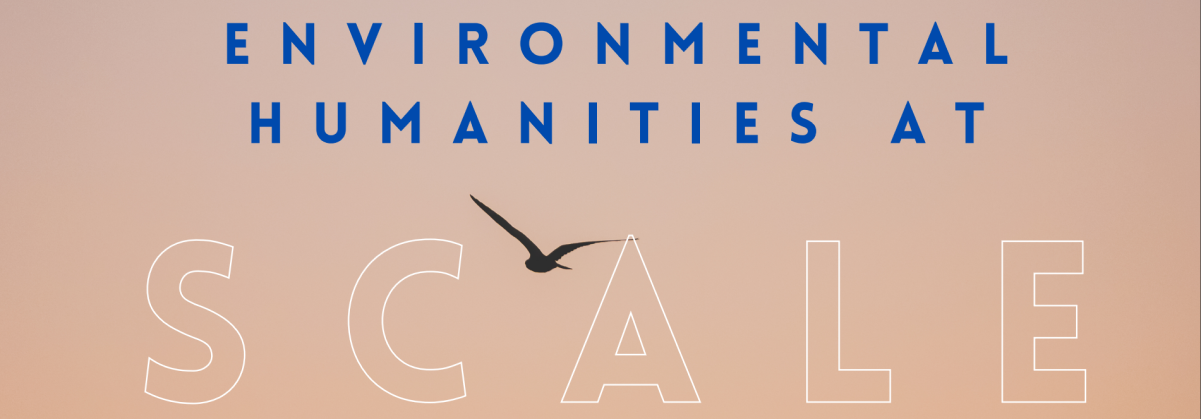
Environmental Humanities at Scale is a semester-long series of 1-hour conversations on zoom with scholars, poets, storytellers, and activists to engage several pressing topics related to the climate crisis. This series of four panel conversations aims to highlight important work in EH, to provide a space for thinking critically and creatively and practically about questions of scale, and to dedicate time to talking together across disciplines, genres, and senses of measure.
All events will be held on Zoom, the registration links are below. For questions, contact Mary Kuhn (mpk3d@virginia.edu), Brian Teare (bt5ps@virginia.edu), or Adrienne Ghaly (avg4w@virginia.edu).
March 18, 2-3pm -- Plant Diaspora
Panelists:
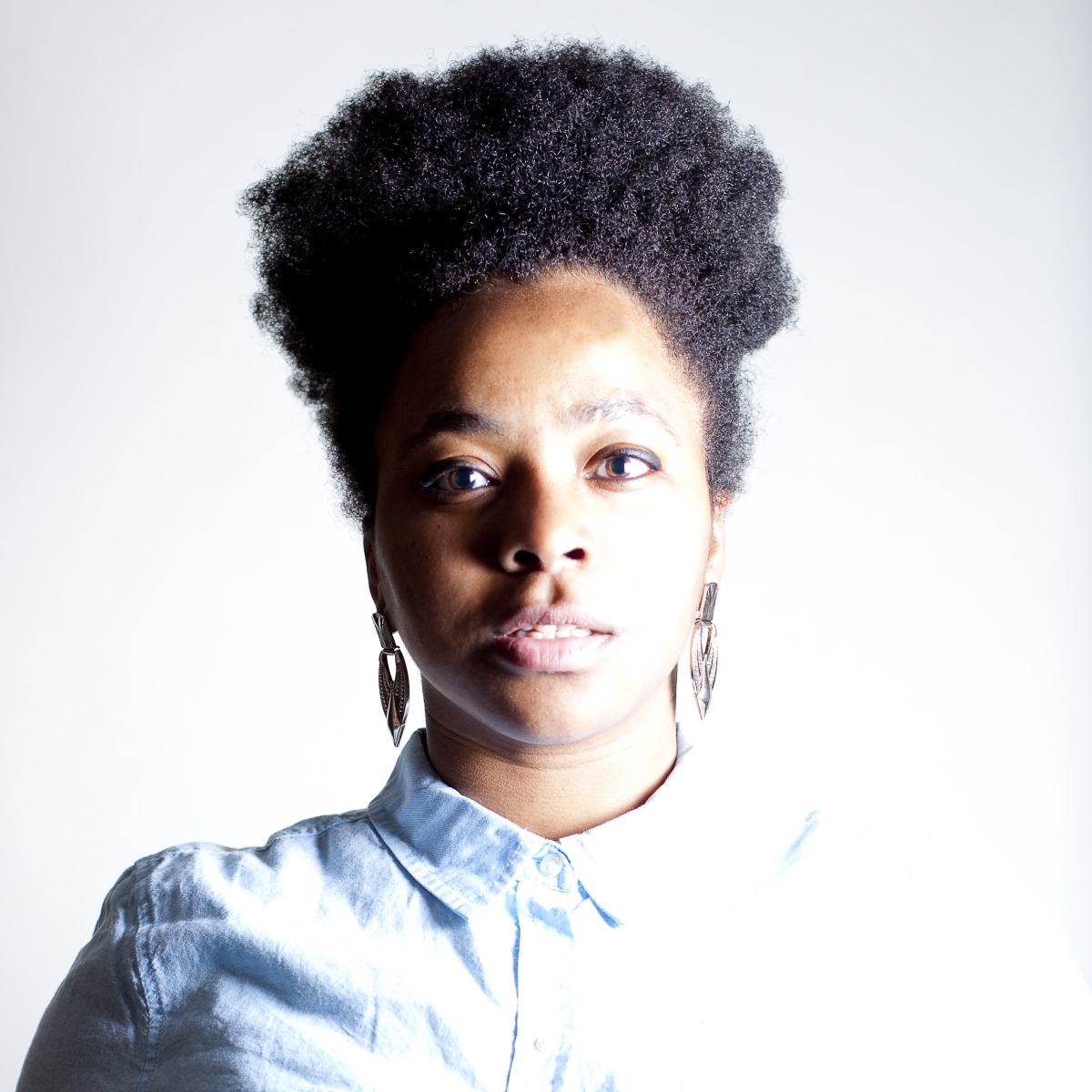 Adjua Gargi Nzinga Greaves is an artist guided by metaphysics, network science, ethnobotany, and the granular analytics of poetic inquiry. Supporters include Rauschenberg Residency, Artists Space, Issue Project Room, Montez Press at Matthew NYC, Wendy's Subway, The Poetry Project, 4 Columns, Hyperallergic, Belladonna*, Kore Press, Ugly Duckling Presse, and Brown University.
Adjua Gargi Nzinga Greaves is an artist guided by metaphysics, network science, ethnobotany, and the granular analytics of poetic inquiry. Supporters include Rauschenberg Residency, Artists Space, Issue Project Room, Montez Press at Matthew NYC, Wendy's Subway, The Poetry Project, 4 Columns, Hyperallergic, Belladonna*, Kore Press, Ugly Duckling Presse, and Brown University.
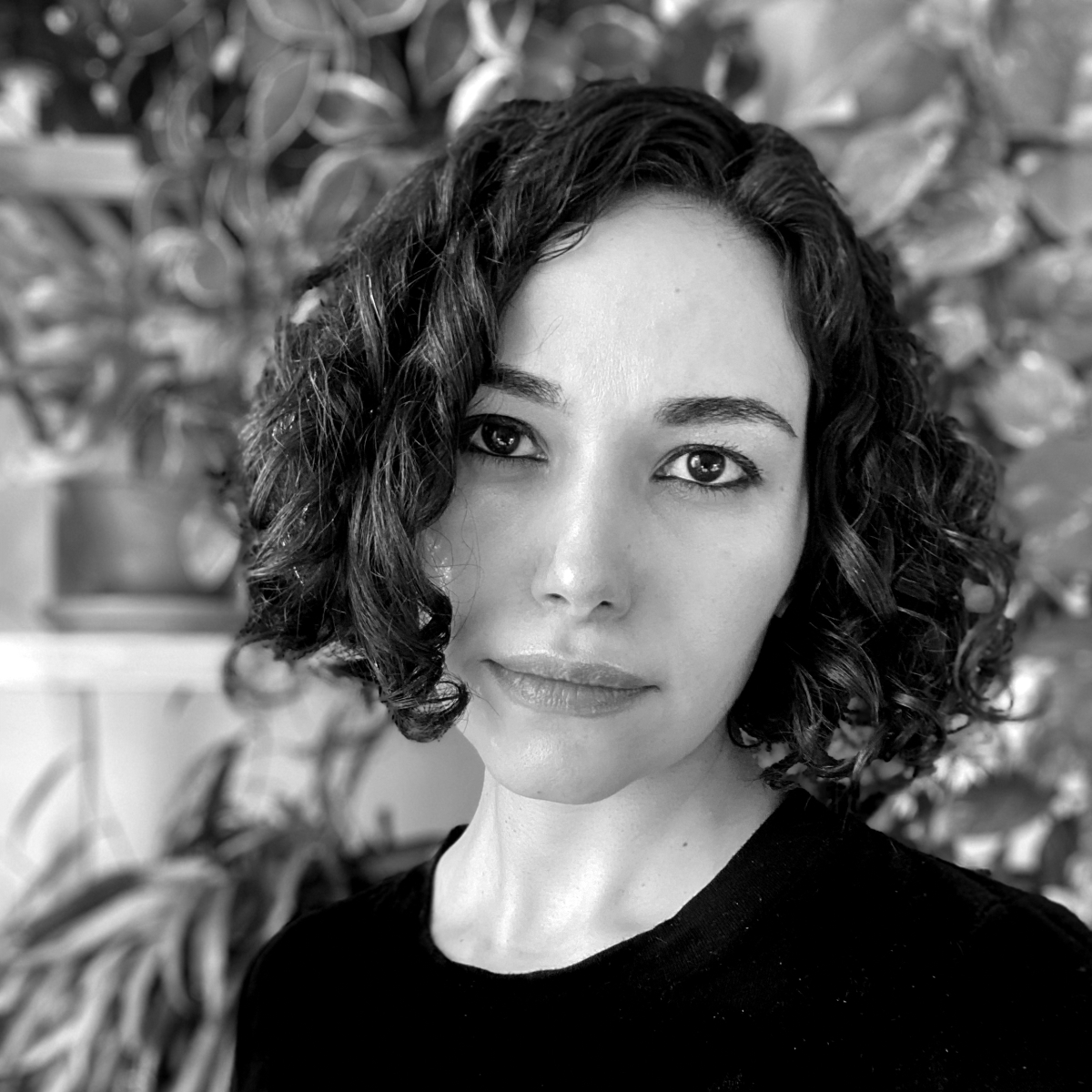 Dr. Ghazal Jafari is an award-winning designer, spatial historian, and territorial scholar in exile, originally trained as an architect and urban designer. Her research focuses on spatial and environmental justice, racialized geographies, infrastructures of domination, feminist theories, immigrant narratives, and non-Western spatial discourses. She is the founding director of Miyān Rudān/ميان رودان (’Between Rivers’ in Farsi), a territorial initiative based in borderlands of Iran and Iraq. Her recent projects and publications include TOWARDS A FLORA OF THE FUTURE (2022), A BOTANY OF VIOLENCE: Across 529 Years of Resistance & Resurgence (Goff books, 2021), “NO DESIGN ON STOLEN LAND: Dismantling Design’s Dehumanizing White Supremacy” Architectural Design 90 (2020). She is an Assistant Professor at University of Virginia School of Architecture.
Dr. Ghazal Jafari is an award-winning designer, spatial historian, and territorial scholar in exile, originally trained as an architect and urban designer. Her research focuses on spatial and environmental justice, racialized geographies, infrastructures of domination, feminist theories, immigrant narratives, and non-Western spatial discourses. She is the founding director of Miyān Rudān/ميان رودان (’Between Rivers’ in Farsi), a territorial initiative based in borderlands of Iran and Iraq. Her recent projects and publications include TOWARDS A FLORA OF THE FUTURE (2022), A BOTANY OF VIOLENCE: Across 529 Years of Resistance & Resurgence (Goff books, 2021), “NO DESIGN ON STOLEN LAND: Dismantling Design’s Dehumanizing White Supremacy” Architectural Design 90 (2020). She is an Assistant Professor at University of Virginia School of Architecture.
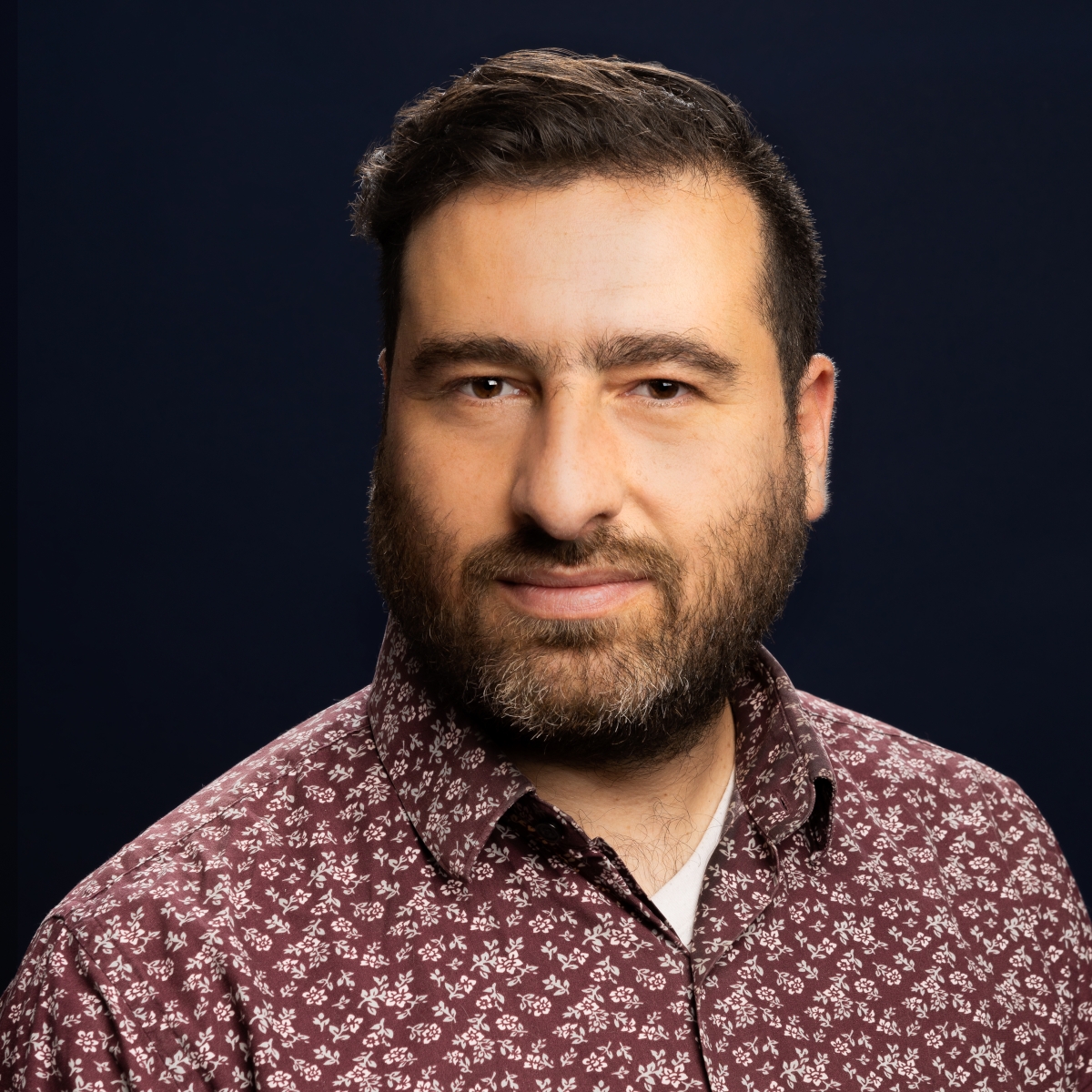
Marco Wilkinson is the author of Madder: A Memoir in Weeds. His work has appeared in Kenyon Review, DIAGRAM, Territory, Seneca Review, and elsewhere. He currently teaches creative writing at University of California San Diego and is a faculty member of Antioch University’s Creative Writing MFA program. He is also the nonfiction editor at Los Angeles Review.
April 8, 2-3pm -- Water Justice
Panelists:
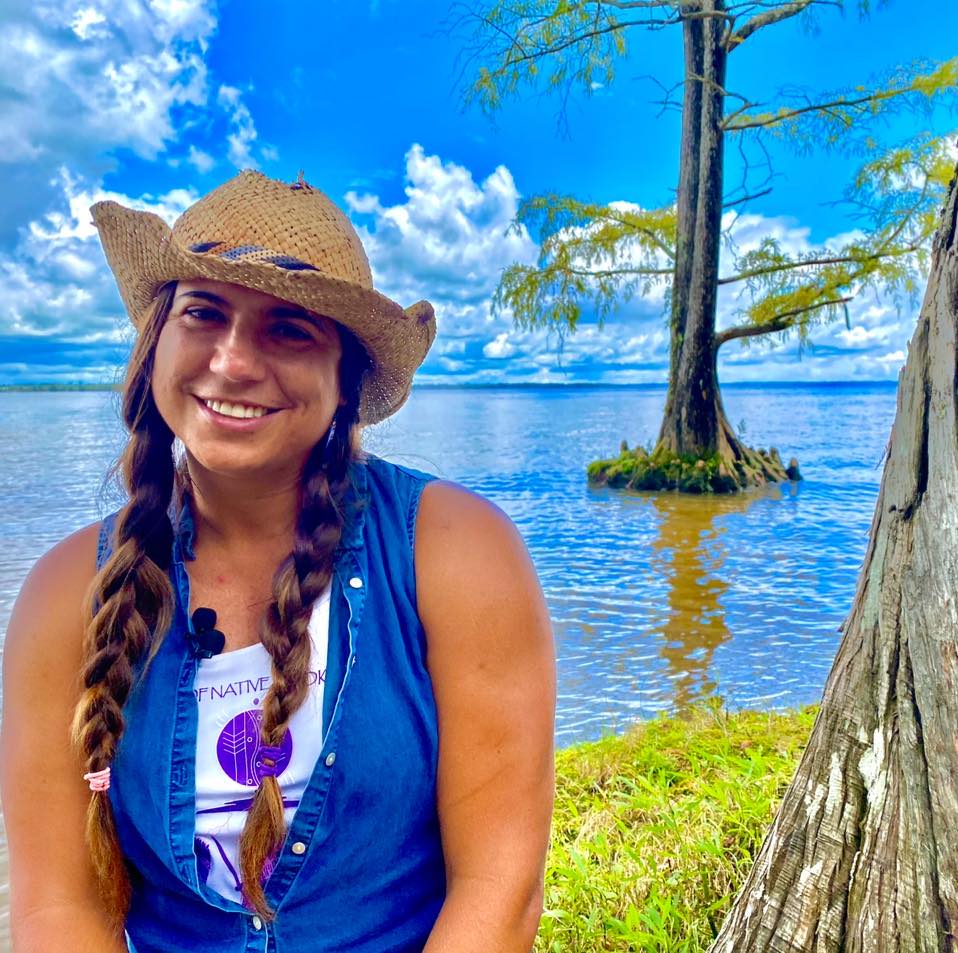 Beth Roach is a native leader, entrepreneur, farmer, surfer, teacher, historian, fundraiser, and environmental activist. For over a decade, she has served on the Tribal Council of the Nottoway Indian Tribe of Virginia and led environmental initiatives; in 2021, she was elected vice-chair of Tribal Council. In 2018, she co-founded the Alliance of Native Seedkeepers, an emerging benefit corporation, to protect endangered Indigenous seeds and waterways. From 2018-2020, Beth chaired the inaugural Virginia Council on Environmental Justice; in 2020, Beth launched a tribal coastal resilience initiative with a team of scientists, policy makers, and tribal communities to implement climate adaptation strategies within the shared waters of Virginia and North Carolina. As a public fellow for UVA's Coastal Futures Conservatory, she is capturing water stories from indigenous perspectives to assist in climate resiliency planning. Beth also serves on the North Carolina Coastal Federation’s Regional Advisory Council.
Beth Roach is a native leader, entrepreneur, farmer, surfer, teacher, historian, fundraiser, and environmental activist. For over a decade, she has served on the Tribal Council of the Nottoway Indian Tribe of Virginia and led environmental initiatives; in 2021, she was elected vice-chair of Tribal Council. In 2018, she co-founded the Alliance of Native Seedkeepers, an emerging benefit corporation, to protect endangered Indigenous seeds and waterways. From 2018-2020, Beth chaired the inaugural Virginia Council on Environmental Justice; in 2020, Beth launched a tribal coastal resilience initiative with a team of scientists, policy makers, and tribal communities to implement climate adaptation strategies within the shared waters of Virginia and North Carolina. As a public fellow for UVA's Coastal Futures Conservatory, she is capturing water stories from indigenous perspectives to assist in climate resiliency planning. Beth also serves on the North Carolina Coastal Federation’s Regional Advisory Council.
For the Sierra Club, Beth is a fundraiser and program lead for the Women's Earth Alliance and Sierra Club's US Grassroots Accelerator. Her past work includes chief ranger of interpretation for Virginia State Parks, grants manager for the James River Association, bookkeeper and event planner for Outer Banks Sporting Events, AmeriCorps Manager for the Virginia Service Conservation Corps, and climate justice organizer for Mothers Out Front. Beth earned her bachelor’s degree in public history from James Madison University; she is currently a public fellow with the University of Virginia. She lives along the inner banks of the Albemarle Sound with her partner, cat, and many wildlife critters.
Rita Wong is a poet-scholar who attends to the relationships between water justice, ecology, and decolonization.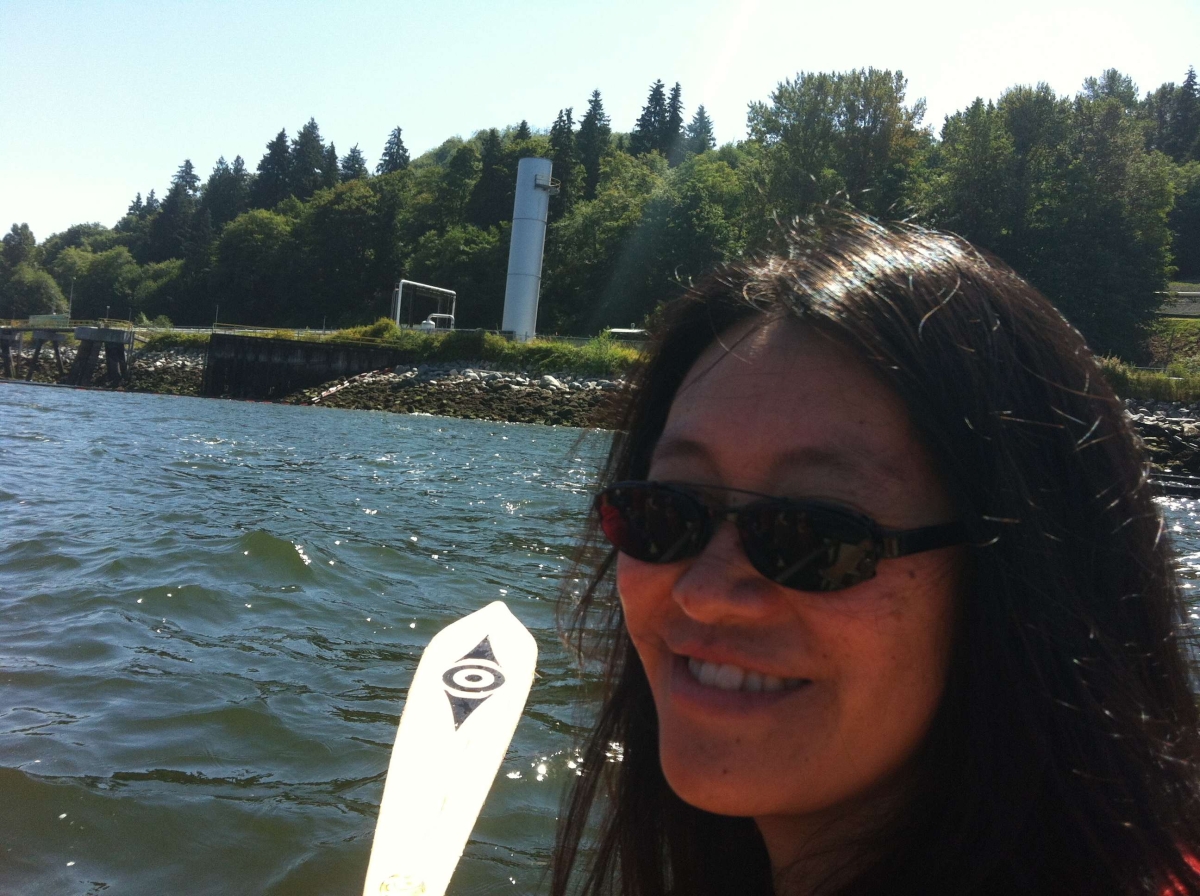 She has co-edited an anthology with Dorothy Christian entitled Downstream: Reimagining Water, based on a gathering that brought together elders, artists, scientists, writers, scholars, students and activists around the urgent need to care for the waters that give us life.
She has co-edited an anthology with Dorothy Christian entitled Downstream: Reimagining Water, based on a gathering that brought together elders, artists, scientists, writers, scholars, students and activists around the urgent need to care for the waters that give us life.
A recipient of the Dorothy Livesay Poetry Prize and the Asian Canadian Writers' Workshop Emerging Writer Award, Wong is the author of current, climate (Wilfrid Laurier UP 2021), beholden (Talonbooks, 2018, with Fred Wah), undercurrent (Nightwood, 2015), perpetual (Nightwood, 2015, with Cindy Mochizuki), sybil unrest (Line Books, 2008, with Larissa Lai), forage (Nightwood, short-listed for the 2008 Asian American Literary Award for Poetry, winner of Canada Reads Poetry 2011), and monkeypuzzle (Press Gang, 1998).
Wong works to support Indigenous communities' efforts towards justice and health for water, having witnessed and participated in such work at the Peace River, the Wedzin Kwa, Ada’itsx/Fairy Creek, the Columbia River, the Fraser River, the Salish Sea, and the Arctic Ocean watershed. She understands that when these waterways are healthy, life (including people) will be healthy too, and that we cannot afford to endanger and pollute the waters that sustain our lives.
An Associate Professor in Critical and Cultural Studies at Emily Carr University of Art and Design, Wong has also served her faculty association as a steward and president. She completed her PhD at SFU, where her dissertation focused on Asian North American cultural production. As an instructor, Wong values the processes of open dialogue, critical inquiry, respect for difference, and attentive listening as an important basis for lifelong learning.
Eliz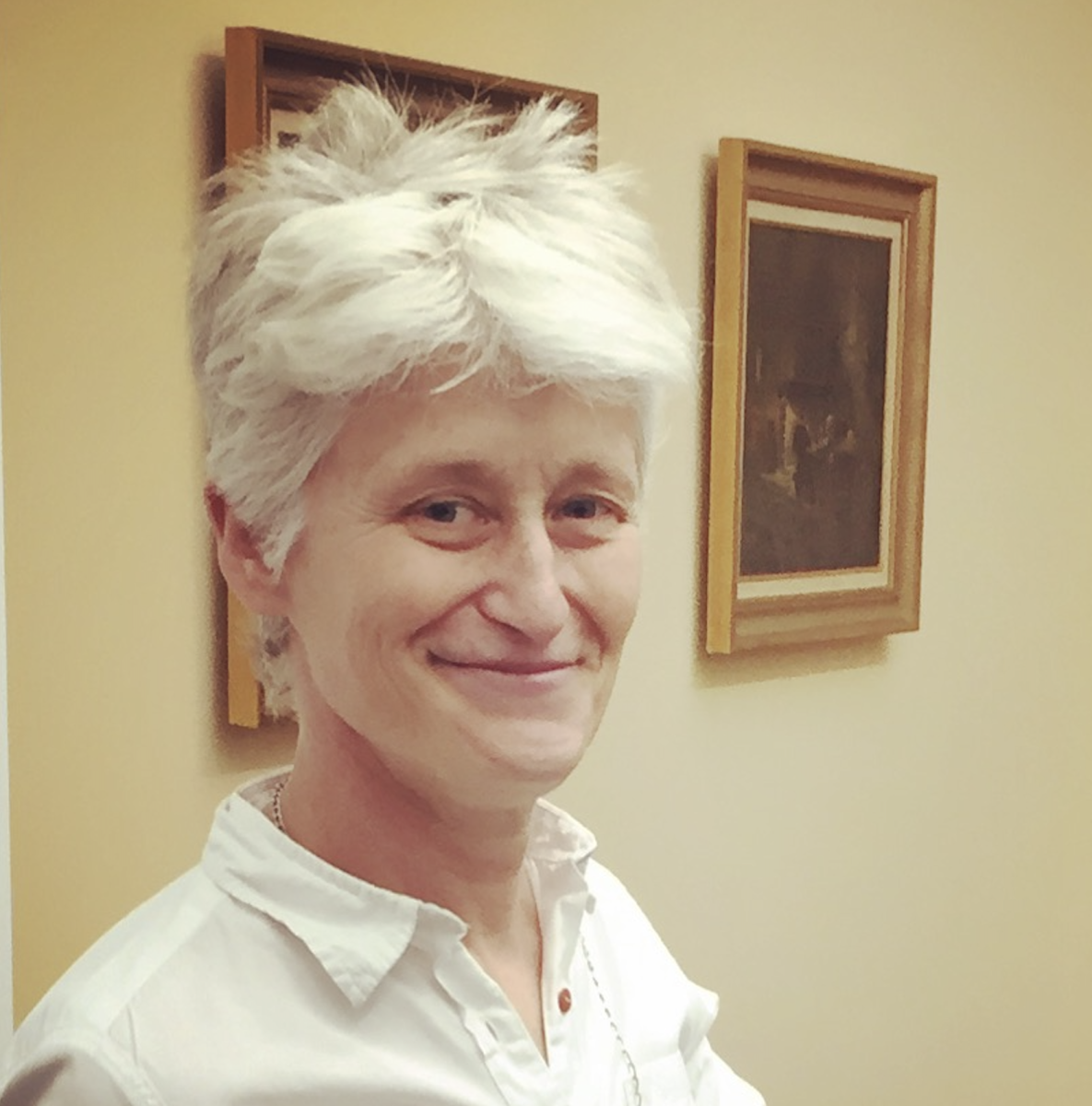 abeth A. Povinelli is a critical theorist and filmmaker. She is Franz Boas Professor of Anthropology & Gender Studies at Columbia University and one of the founding members of the Karrabing Film Collective. Her work spans eight books, including Geontologies, and the graphic memoir, The Inheritance, as well as over eight films with the Karrabing Film Collective. Together they attempt to theorize and artistically re-present the grounds and exits of settler late liberalism.
abeth A. Povinelli is a critical theorist and filmmaker. She is Franz Boas Professor of Anthropology & Gender Studies at Columbia University and one of the founding members of the Karrabing Film Collective. Her work spans eight books, including Geontologies, and the graphic memoir, The Inheritance, as well as over eight films with the Karrabing Film Collective. Together they attempt to theorize and artistically re-present the grounds and exits of settler late liberalism.
April 22, 2-3pm -- Climate Migration
Panelists:
Joan Naviyuk Kane is an Inupiaq American poet with family from King Island (Ugiuvak) 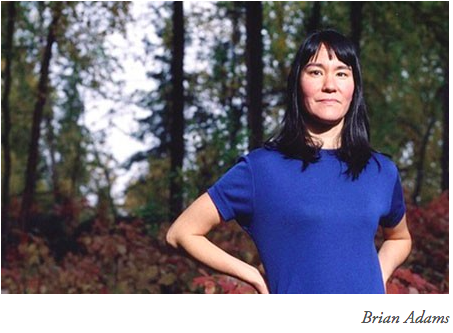 and Mary's Igloo (Qawairaq), enrolled to the King Island Native Community. Her most recent book of poetry is Dark Traffic (2021). Read an excerpt here. Her publications include the essay collection A Few Lines in the Manifest (2018) and poetry books and chapbooks The Cormorant Hunter's Wife (2009), Hyperboreal (2013), The Straits (2015), Black Milk Carbon (2017), Sublingual (2018), Another Bright Departure (2019).
and Mary's Igloo (Qawairaq), enrolled to the King Island Native Community. Her most recent book of poetry is Dark Traffic (2021). Read an excerpt here. Her publications include the essay collection A Few Lines in the Manifest (2018) and poetry books and chapbooks The Cormorant Hunter's Wife (2009), Hyperboreal (2013), The Straits (2015), Black Milk Carbon (2017), Sublingual (2018), Another Bright Departure (2019).
She was a 2020-21 Mellon Fellow for the Study of Ethnicity and Race at Brown University and a 2019-2020 Fellow at the Radcliffe Institute for Advanced Study. In 2018 she was the first Indigenous recipient of a Guggenheim Fellowship in Poetry. She is core faculty in the MFA program at the Institute of American Indian Arts, Visiting faculty in the English Department at Harvard University, and teaches Native American and Indigenous Studies and Poetry in the departments of Race, Colonialism and Diaspora, and English at Tufts University.
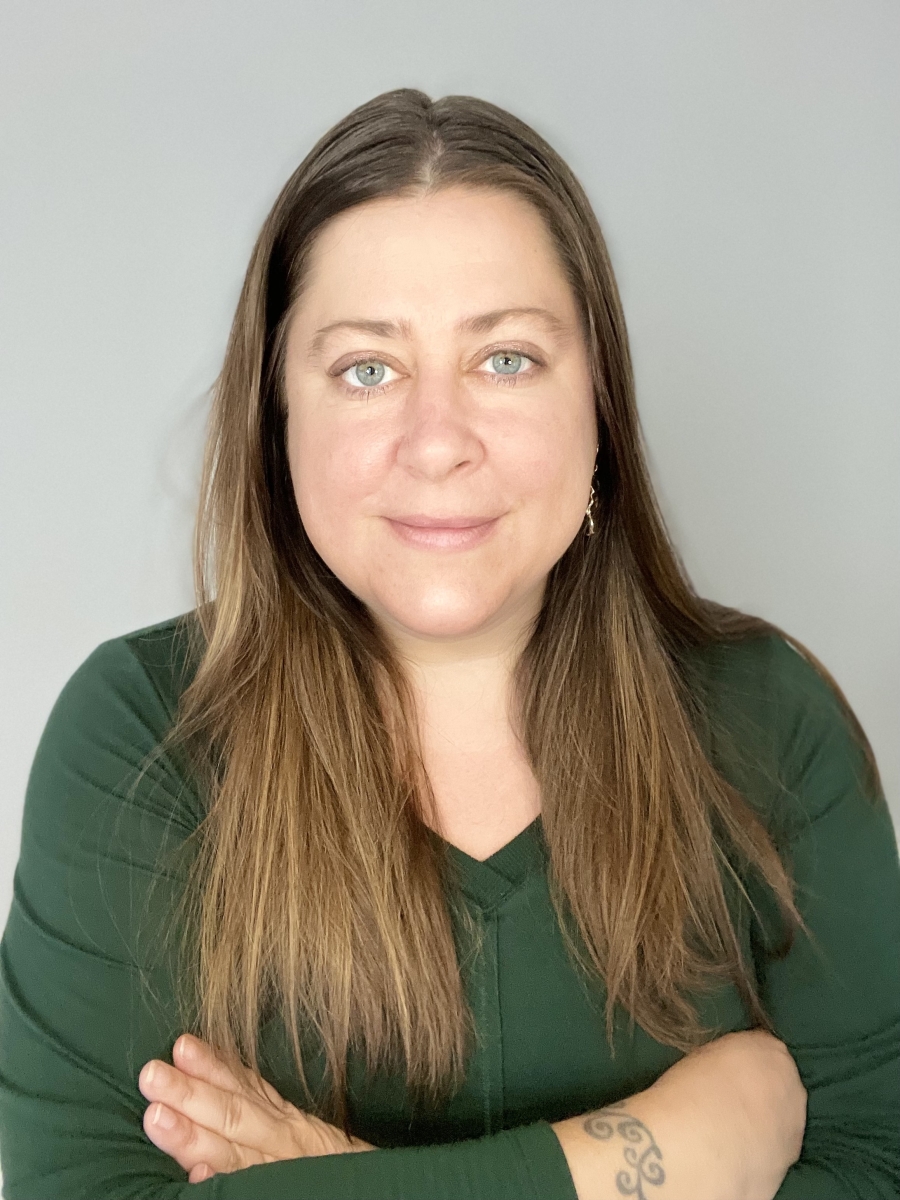
Kristina Shull is Assistant Professor of History at UNC Charlotte, specializing in race, empire, immigration enforcement, and climate migration in the modern US and World. Her forthcoming book from UNC Press, Detention Empire, explores the rise of migrant detention in the United States since the 1980s. She directs the digital history project Climate Refugees Stories and has been named a Soros Justice Fellow and National Geographic Explorer for her work in migration storytelling. Read and listen to Climate Refugees Stories here.
Bruce Holsinger is Linden Kent Memorial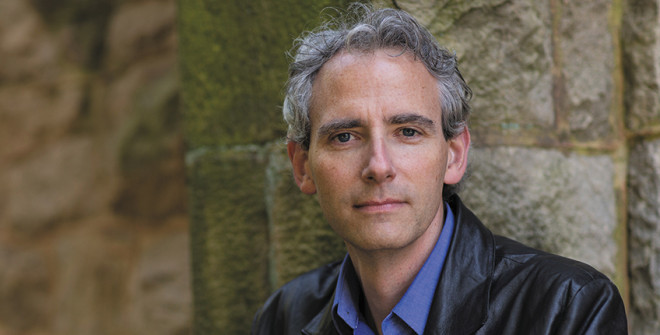 Professor of English at the University of Virginia, editor of New Literary History, and a fiction writer. His newest novel, The Displacements (forthcoming summer 2022), imagines a near future of mass climate migration in the United States and North America. He is also the author of A Burnable Book (2014), The Invention of Fire (2015) and The Gifted School (2019). His fiction has won the Colorado Book Award and the John Hurt Fisher Prize, and he is the recipient of a Guggenheim Fellowship.
Professor of English at the University of Virginia, editor of New Literary History, and a fiction writer. His newest novel, The Displacements (forthcoming summer 2022), imagines a near future of mass climate migration in the United States and North America. He is also the author of A Burnable Book (2014), The Invention of Fire (2015) and The Gifted School (2019). His fiction has won the Colorado Book Award and the John Hurt Fisher Prize, and he is the recipient of a Guggenheim Fellowship.
April 29, 2-3pm -- Genders for the Anthropocene
Oliver Baez Bendorf works wit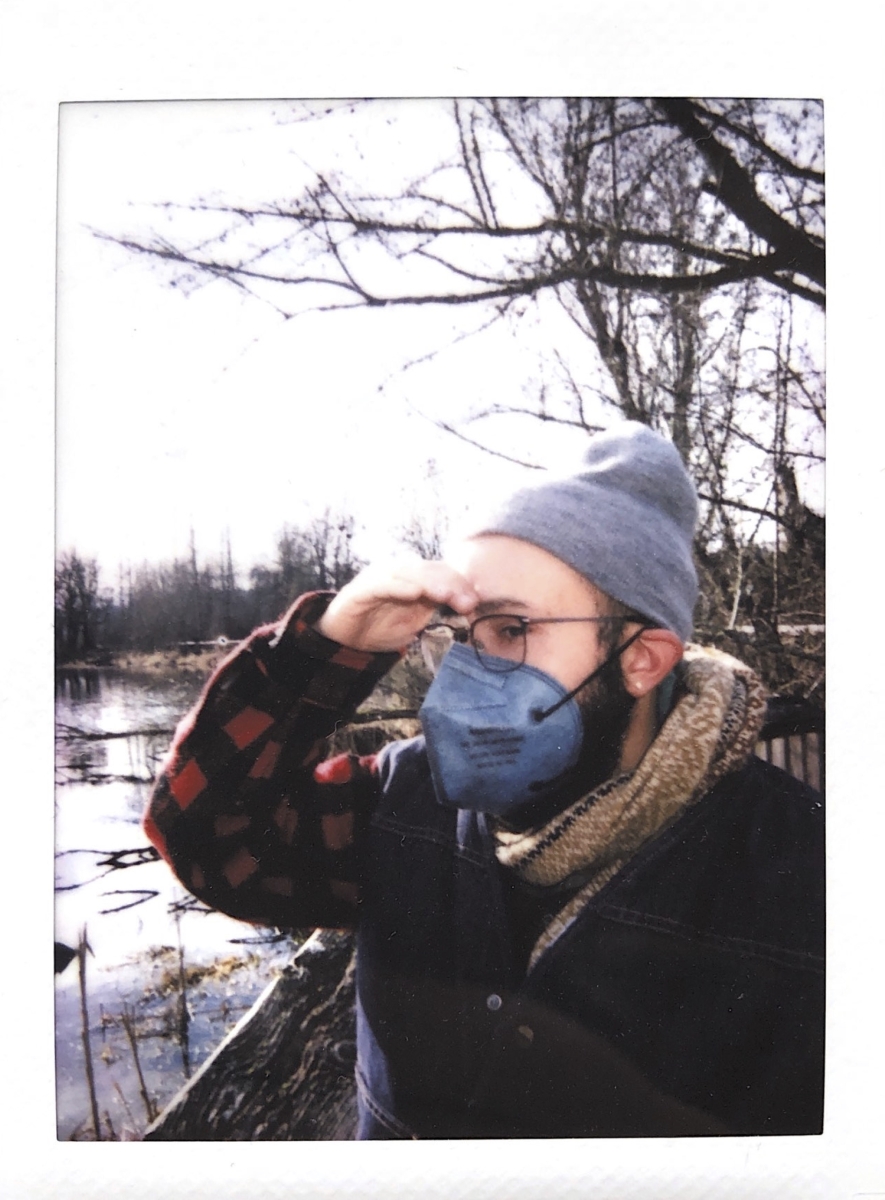 h language to imagine new possibilities for gender and nature. He is the author of two collections of poems, Advantages of Being Evergreen (CSU Poetry Center, 2019) and The Spectral Wilderness (Kent State U., 2015). He has received poetry fellowships from the National Endowment for the Arts, Vermont Studio Center, and the Wisconsin Institute for Creative Writing. His poems have appeared in American Poetry Review, BOMB, The Nation, Orion, and elsewhere, and anthologized in Troubling the Line: Trans and Genderqueer Poetry and Poetics. He founded and directs Spellworks, and teaches in the low-residency MFA Program for Writers at Warren Wilson College. Born and raised in the Midwest, he now lives on Coast Salish land also known as Olympia, Washington.
h language to imagine new possibilities for gender and nature. He is the author of two collections of poems, Advantages of Being Evergreen (CSU Poetry Center, 2019) and The Spectral Wilderness (Kent State U., 2015). He has received poetry fellowships from the National Endowment for the Arts, Vermont Studio Center, and the Wisconsin Institute for Creative Writing. His poems have appeared in American Poetry Review, BOMB, The Nation, Orion, and elsewhere, and anthologized in Troubling the Line: Trans and Genderqueer Poetry and Poetics. He founded and directs Spellworks, and teaches in the low-residency MFA Program for Writers at Warren Wilson College. Born and raised in the Midwest, he now lives on Coast Salish land also known as Olympia, Washington.
Sarah Ensor is Assistant Professor of English 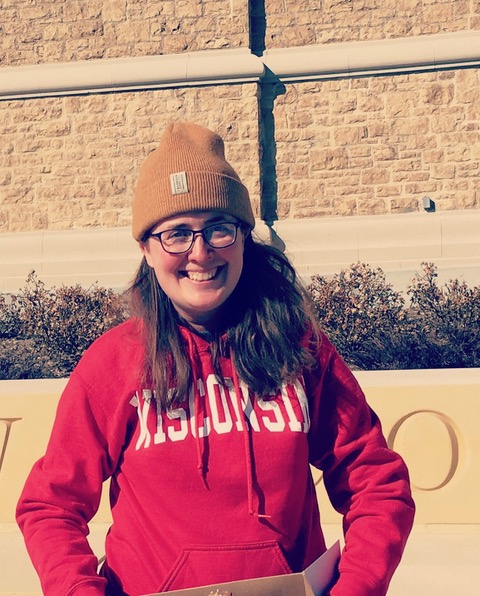 at the University of Wisconsin-Madison, where she is also a faculty associate in the Center for Culture, History, and Environment at the Nelson Institute for Environmental Studies. She is currently completing her first book, tentatively titled Terminal Regions: Queer Environmental Ethics in the Absence of Futurity. With Susan Scott Parrish, she is co-editor of the forthcoming Cambridge Companion to American Literature and the Environment. Before arriving in Madison, she was Assistant Professor of English at Portland State University and at the University of Michigan.
at the University of Wisconsin-Madison, where she is also a faculty associate in the Center for Culture, History, and Environment at the Nelson Institute for Environmental Studies. She is currently completing her first book, tentatively titled Terminal Regions: Queer Environmental Ethics in the Absence of Futurity. With Susan Scott Parrish, she is co-editor of the forthcoming Cambridge Companion to American Literature and the Environment. Before arriving in Madison, she was Assistant Professor of English at Portland State University and at the University of Michigan.
Nicole Seymour works at the intersection of environmental studies and 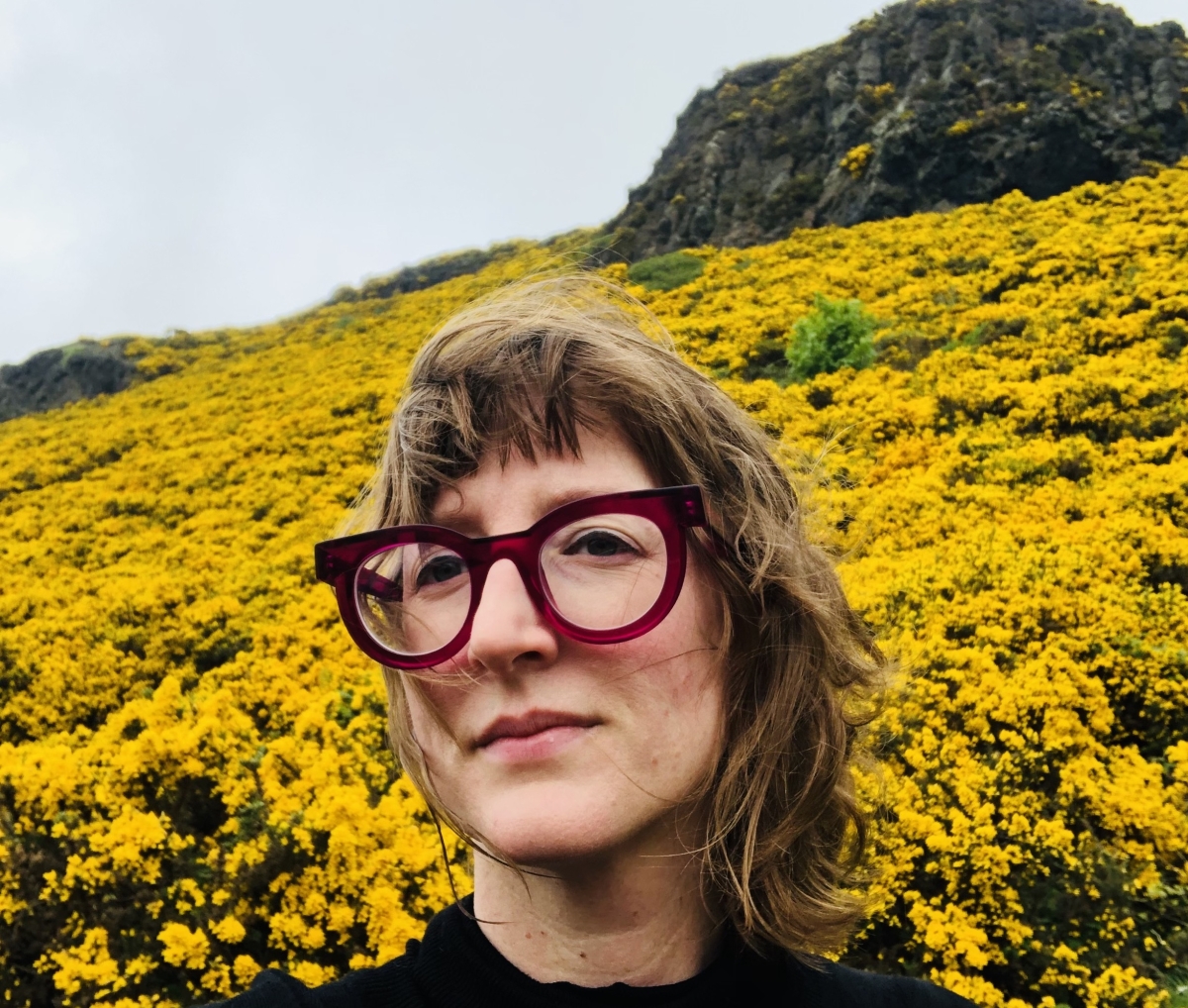 queer studies. She is the author of two monographs, Strange Natures: Futurity, Empathy, and the Queer Ecological Imagination (University of Illinois Press, 2013) and Bad Environmentalism: Irony and Irreverence in the Ecological Age (University of Minnesota Press, 2018). She recently held fellowships at the Rachel Carson Center for Environment and Society in Munich and the Institute for Advanced Studies in the Humanities at the University of Edinburgh, where she completed a book manuscript on glitter for Bloomsbury’s “Object Lessons” series (forthcoming, May 2022). She is Associate Professor of English and Graduate Advisor for Environmental Studies at California State University, Fullerton.
queer studies. She is the author of two monographs, Strange Natures: Futurity, Empathy, and the Queer Ecological Imagination (University of Illinois Press, 2013) and Bad Environmentalism: Irony and Irreverence in the Ecological Age (University of Minnesota Press, 2018). She recently held fellowships at the Rachel Carson Center for Environment and Society in Munich and the Institute for Advanced Studies in the Humanities at the University of Edinburgh, where she completed a book manuscript on glitter for Bloomsbury’s “Object Lessons” series (forthcoming, May 2022). She is Associate Professor of English and Graduate Advisor for Environmental Studies at California State University, Fullerton.
